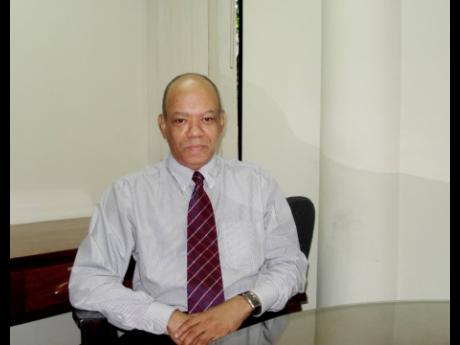Challenge to GLC ruling against lawyers
Council allows aggrieved third parties to take action against attorrneys
A legal challenge is now being mounted against a ruling last year by the Disciplinary Committee of the General Legal Council (GLC) that it is not only clients who can bring complaints against attorneys-at-law, but any person aggrieved by their actions.
The ruling stemmed from a complaint made by the purchasers of a property in Orange Grove, Trelawny, against attorney-at-law Lisamae Gordon, who acted for the vendor in the transaction.
The complainants said after paying a total deposit of US$35,000 on the property, they sought independent legal advice and were advised that the vendor would have been incapable of passing title to them.
Queen’s Counsel Patrick Foster, who is representing the GLC, said last week that attorneys-at-law can be found to be liable for professional misconduct, not only in relation to their clients, but anyone who has been aggrieved. He said it meant that once they have been prejudiced by the attorneys’ conduct, they can bring complaints. Foster emphasised that the Legal Profession Act was clear on that issue, and there are other court decisions on that point.
Following the complaints by the purchasers, the Disciplinary Committee had a hearing into the matter and on October 2 last year, found Gordon guilty of professional misconduct with respect to the way she conducted the conveyancing transaction.
The committee found that Gordon failed in her duties to the purchasers, notwithstanding that she was not their attorney-at-law. The committee also found that she acted in a manner that was contrary to the interests of the purchasers, and inevitably, to their detriment.
However, before the committee had a hearing in relation to the sanctions to be imposed, Gordon took the matter to the Supreme Court, seeking leave to go to the Judicial Review Court to quash the decision of the committee.
CONTENDING
Attorney-at-law Hugh Wildman, who only represented Gordon in the Supreme Court and now in the Court of Appeal, is contending that the complaint should have been struck out as there were no facts in any affidavit to support the complaint. He said the only fact in the affidavit was a brief statement by the complainants that Gordon was their attorney, and the committee found that was not so. Wildman said based on that finding, that should be the end of the matter as the committee would have no jurisdiction to proceed any further.
Justice Anne-Marie Nembhard, who heard the application last month, refused to grant leave to go to the Judicial Review Court.
The judge said Gordon had a suitable alternative in the form of an appeal to the Court of Appeal. Although Civil Procedure Rule 56.15 generally precludes an order for costs against an applicant for an administrative order, the judge awarded costs to the GLC on the basis that Gordon acted unreasonably in pursuing the application.
An application for leave to appeal the ruling was refused. On January 25, Wildman filed an application in the Court of Appeal seeking leave to appeal the judge’s ruling. Gordon is also applying to the court for a stay of the proceedings before the committee, pending the outcome of her application.
In referring to the findings, Justice Nembhard said the committee, having heard the evidence of the parties, found that Gordon’s defence “failed to take into account the responsibilities placed on an attorney-at-law who has carriage of sale of land”.
The judge pointed out that the committee found that those responsibilities encompass the duty of an attorney-at-law to ensure that title can be passed, and that there are no encumbrances that would interfere with that process.
Attorney-at- law Jacob Phillips is appearing with Foster, while attorney-at-law Indira Patmore is appearing with Wildman in the matter.


